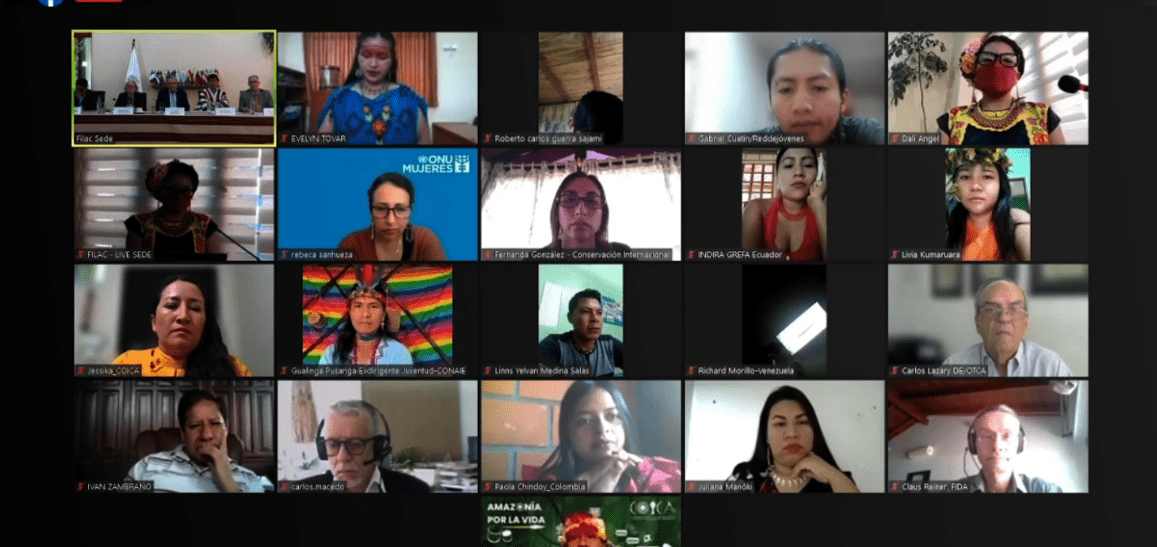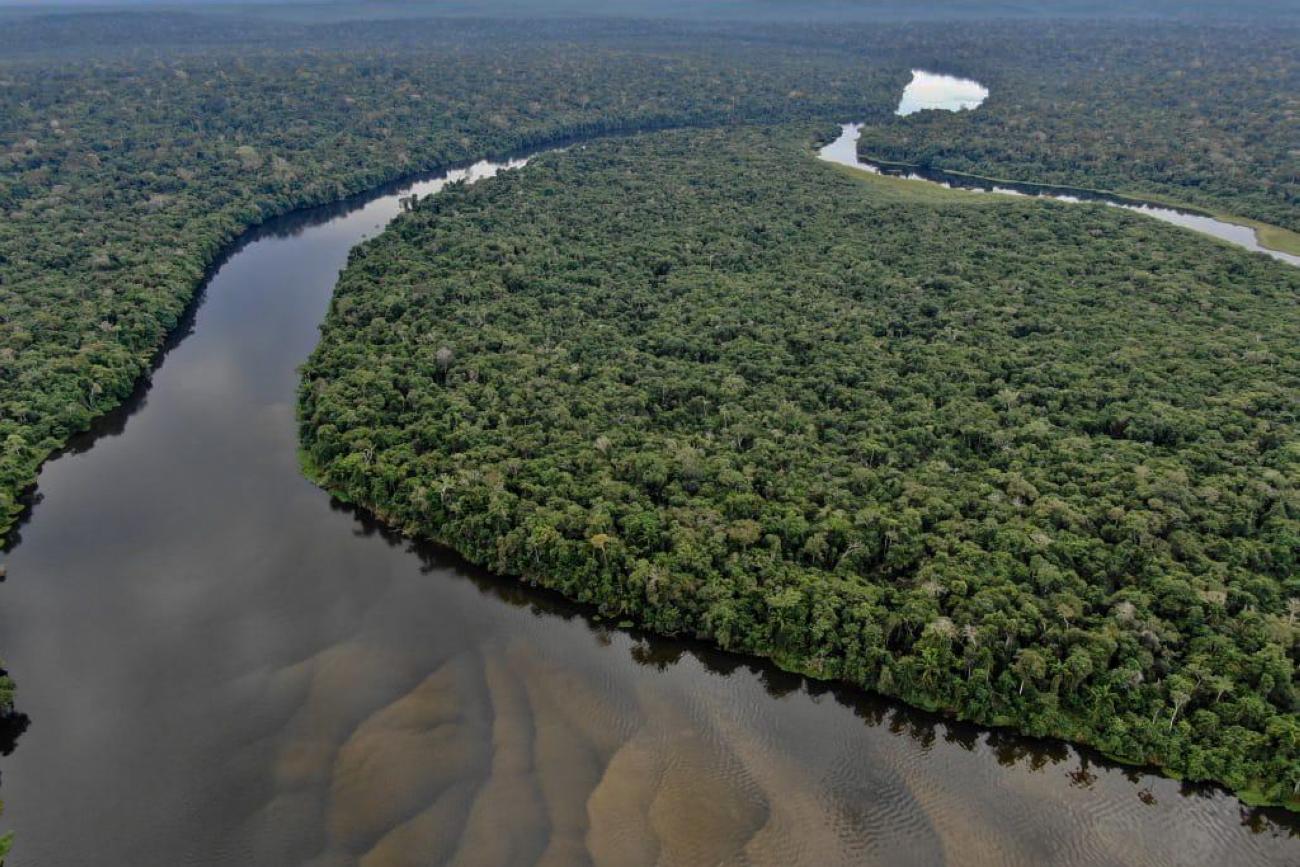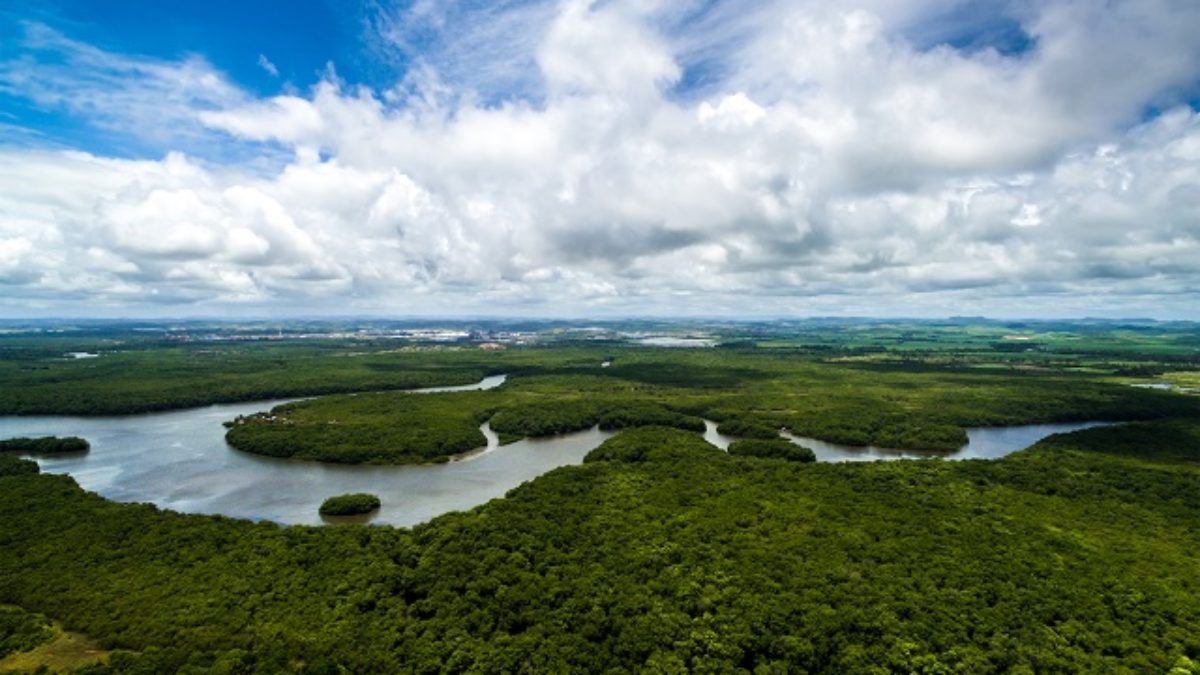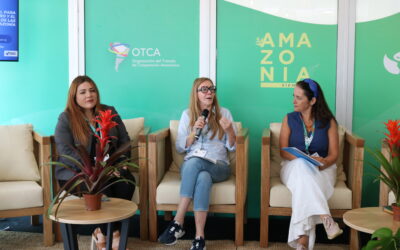The Executive Director of ACTO, Ambassador Carlos Alfredo Lazary participated today, October 28, in the virtual launching ceremony of the course “Capacity Building in Territorial Defense and Sustainable Environmental Management for Indigenous Youth of the Amazon Basin”.
This initiative is promoted by an inter-institutional alliance between the Fund for the Development of Indigenous Peoples of Latin America and the Caribbean (FILAC), the Coordination of Indigenous Organizations of the Amazon Basin (COICA), Conservation International (CI) and the University Rey Juan Carlos de España.
The opening of the event was conducted by the Vice Chancellor of Bolivia and President of the Board of Directors of FILAC, Freddy Mamani, who welcomed all participants and students. “This course is intended precisely to strengthen the leadership skills of young women and men in the Amazon region to assume the defense of their territories and to lead sustainable environmental management processes in their communities, in their villages,” said Mamani.
This training is intended to strengthen the capacities of 80 indigenous youth from 8 countries of the Amazon Basin in aspects related to territorial defense, sustainable development management and, in particular, the conservation of their current resources, with a focus on Full Life and Good Living – Living Well. The course is scheduled to start on November 14, under the virtual modality and will last ten weeks.
During his speech, ACTO’s Executive Director highlighted the activities carried out in the field of the protection of indigenous peoples in isolation and in initial contact in the Amazon region (PIACI), in which several actions were implemented through projects financed by the Inter-American Development Bank (IDB), in addition to activities related to climate change and traditional knowledge.
Furthermore, he highlighted the importance of the use of natural resources through sustainable economic activities and biodiversity products. This is an opportunity, above all, for young indigenous people to benefit from the advantages of forest and biodiversity products in the region and contribute to improving the living conditions of indigenous communities.
On the other hand, he said that the fusion of digital technologies with the different knowledge systems in the Amazon region provides an opportunity to showcase the various successful actions related to climate change, in particular the good practices of the Amazonian indigenous peoples.
Finally, Lazary referred to the Amazon Regional Observatory housing the Indigenous Peoples Module, in addition to the modules and platform containing the themes of the Amazonian Strategic Cooperation Agenda, such as Biodiversity, CITES, Forests, Water Resources, among others under planning.



